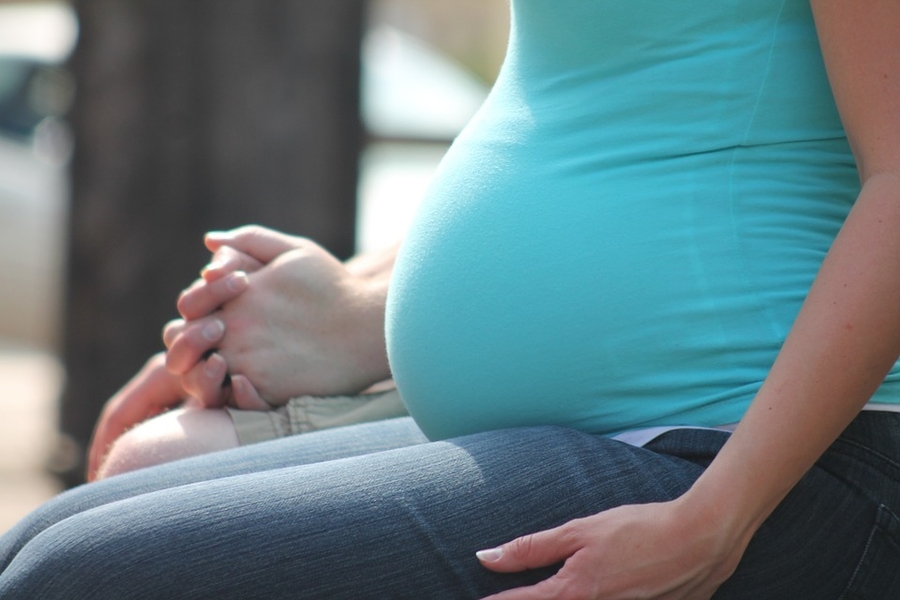
Is Swelling During Pregnancy Normal?
28 May 2018 | 3 min Read
Dr Hemlata Hardasani
Author | 5 Articles
Swelling during pregnancy is a normal phenomenon and rarely a cause of concern.
Swelling or oedema, is often seen in hands, legs, ankles and feet, and occurs due to retention of fluids in the body. During pregnancy, the body produces almost 50% more blood and body fluids to meet the demands of the growing foetus. This leads to swelling during pregnancy, which is perfectly normal. The additional fluid also helps to prepare a cushion around the baby and to soften pelvic tissues for the delivery process. This excess fluid amounts to 25% of the total weight women gain during their pregnancy.
What causes swollen feet during pregnancy?
During pregnancy, as the size of the uterus increases, it presses onto the pelvic veins, especially the vena cava (large vein on the right side of the body carrying blood from lower limbs). This pressure decreases the venous return to the heart making the blood pool in the legs. This forces the fluid from the veins to ooze into the tissues of the ankles and feet. Hence, women in their third trimester are more likely to develop oedema. The swelling may be greater if the pregnant woman has excess amniotic fluid or is carrying twins.
After delivery, the swelling disappears quickly as the pressure over the veins is released and the body gets rid of the excess fluid. It is very common for women to complain of frequent urination or excessive sweating in the first few days after childbirth.
When should one be concerned about swelling during pregnancy?
As mentioned above, it is perfectly normal to experience some amount of swelling in the ankles and feet during pregnancy, and one may even notice some swelling in the hands. But it is always better to call your healthcare provider if you notice any of the following:
- Swelling in the face
- Puffiness around the eyes
- Excessive swelling in the hands
- Sudden and excessive swelling of the ankles and feet
Additionally, if one leg is significantly swollen than the other, or if there is pain or tenderness in the thigh or calf, call your doctor immediately as this could be a sign of a blood clot.
Keeping swelling down during pregnancy
Here what’s good for swollen feet during pregnancy:
- Lie on one side to release the increased pressure on the veins.
- Keep legs raised to heart level when lying down as much as possible. Keep a small stool or a stack of pillows at home or at workplace when sitting.
- Avoid crossing legs while sitting.
- Stretch legs frequently. Rotate ankles and wiggle toes.
- Take breaks after standing or sitting and avoid sitting for a long duration. Take short walks to avoid pooling of blood in the feet.
- Wear comfortable shoes that stretch to accommodate the swelling.
- Wear maternity waist-high stockings. Wear them in the morning and take them off before going to bed.
- Drink plenty of water. It helps to retain less fluid.
- Eat a healthy and well-balanced diet.
- Exercise regularly. Indulge in light exercises or a basic aerobics class after consulting with your doctor.
Minor changes in your diet and lifestyle can help you easily manage swelling in feet during pregnancy, so that you can enjoy this golden phase of motherhood worry-free!
Also read: Weight Gain During Pregnancy & Foods That Help Maintain Healthy Gain
A


Related Topics for you
Suggestions offered by doctors on BabyChakra are of advisory nature i.e., for educational and informational purposes only. Content posted on, created for, or compiled by BabyChakra is not intended or designed to replace your doctor's independent judgment about any symptom, condition, or the appropriateness or risks of a procedure or treatment for a given person.
